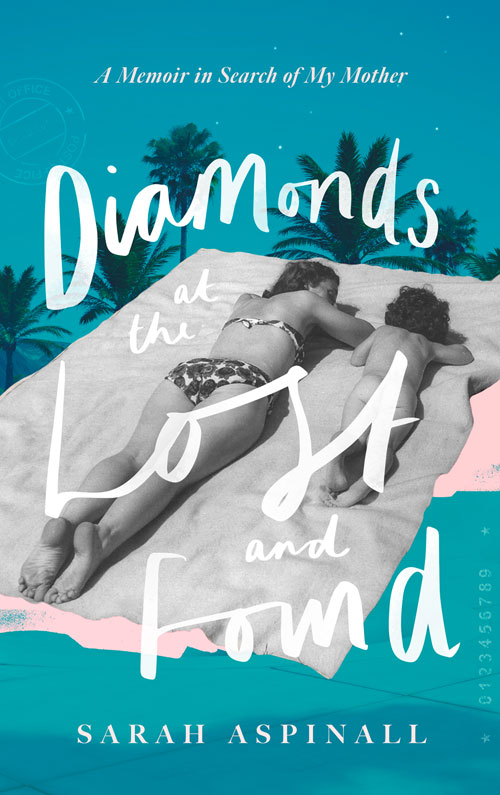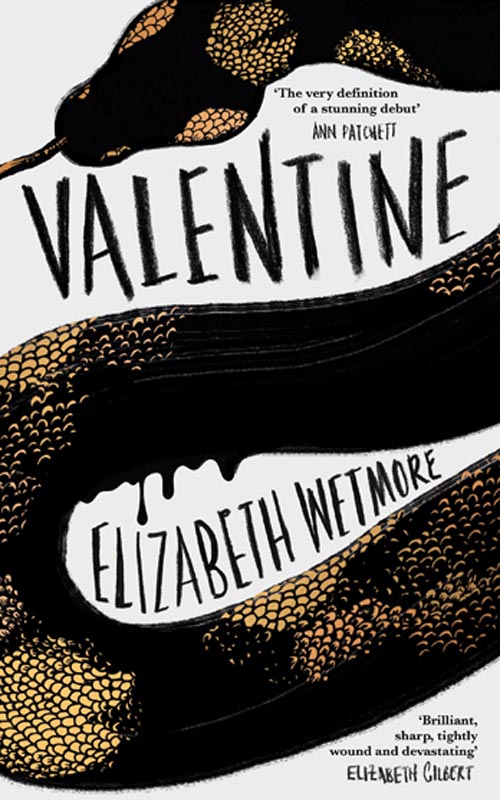 ‘Write Here’ takes us into our authors’ writing spaces across the globe, where they tell us about how they go about their craft. We mark each location on the map at the bottom of each post. Today’s edition takes us to a beach house in Cape Cod, where Philip Hoare writes in the comfort of his bed…
‘Write Here’ takes us into our authors’ writing spaces across the globe, where they tell us about how they go about their craft. We mark each location on the map at the bottom of each post. Today’s edition takes us to a beach house in Cape Cod, where Philip Hoare writes in the comfort of his bed…

Where is your favourite place to write?
‘My bed, in it or on it. But second to that, a wonky wooden desk in a beach house in Cape Cod, from which I can see the sea. Actually, there is nothing but the sea in front of me. It is the fatal distraction. I was there for January and spent entire mornings distracted by the miracle of sea smoke, or a seal trying to get on a tethered raft, or the eiders cooing like Frankie Howerd beneath my deck. In storms the sea actually flows under the house. In high winds the house shakes and quivers and threatens to launch itself into the Atlantic like an ark.’
What conditions are most productive for you? Do you require silence, or can you work in a noisy household?
‘Silence. I sacrifice almost everything else to its attainment. It is the single most expensive thing in the world.’
Does music play a part in setting your writing rhythm?
‘Only the songs from my past which run through my head. Like a shell, my ears are permanently filled with the sound of the sea, the tinnitus which is a legacy of my misspent punk youth. I always sing in the sea, loudly, but they’re songs I’ve made up. The seals are appalled and intrigued in equal measure. Cetaceans quite like them, too.’
Do you have any superstitions that must be adhered to when writing?
‘Yes, and I’m not telling you why.’
What tools do you use to write? Why do your writing tools suit you?
‘A black Clairefontaine travel notebook with pockets for postcards, tickets, feathers and whale skin. Receipts, tickets, envelopes, napkins. A fine black pen to accommodate my spidery handwriting. And the digital equipment to turn all that into something which can be read.’
What is your day-to-day writing routine?
‘My routine is rigid and absolute, determined by the tide. Get up before dawn. If the tide is high, swim. If not, make tea, work, breakfast at 7.30, work till 12.30. Lunch; doze till 1.50 pm. Cycle. Swim. Back to correspond and fill in questionnaires from my publishers. Tea and cake at 5.30. Supper at 6.30. Bed at 8 pm.’
How has your writing routine changed, if at all, throughout the course of your life?
It’s just become progressively tighter and more constricting and more freeing. I started writing in bed, and I’m still doing it. It speaks to the teenager in me. It is one of the many delusions by which I sustain my fantasy life, not having a proper job. The one makes up for the other.
When you begin writing a new work, how do you go about planning it? Are you more structured or improvisational?
‘I never plan, never structure. That would be like painting by numbers.’
Does the way you approach writing change depending on the work, or is it consistent? Do you have a particular word target per day?
‘No targets. That would be like defying God.’
Where would you write if you had infinite time and budget?
‘Here and now.’
Philip Hoare is the author of Leviathan or, The Whale and The Sea Inside. He’s co-curator, with Angela Cockayne, of the Moby-Dick Big Read.
If you enjoyed this, try:
[wpgmza id=”1″]




